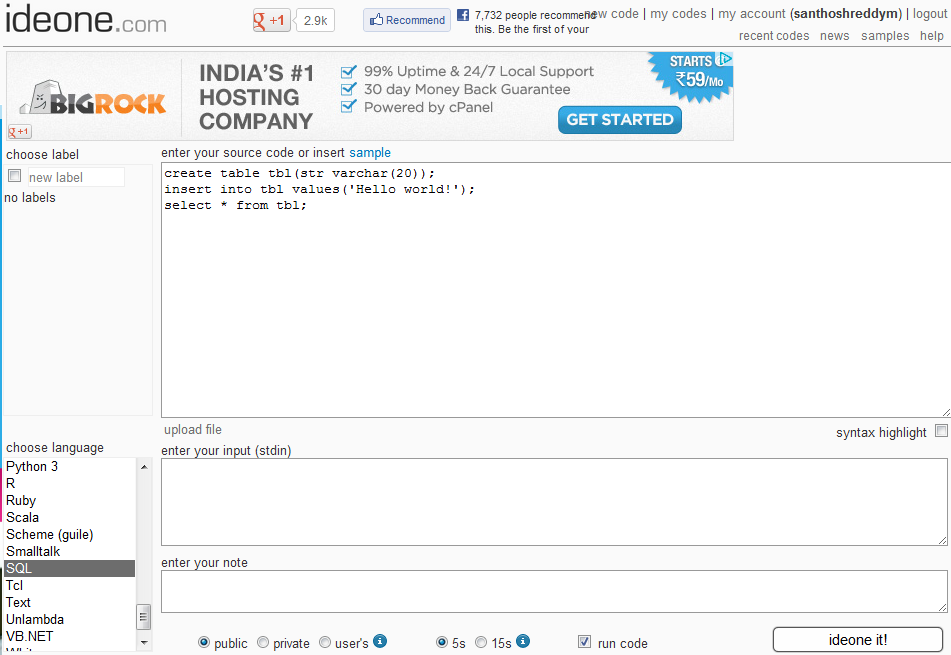

If you are going through a digital transformation, you will eventually have to deal with the elephant in the room of that big mainframe in the corner that is hosting 70% of your business applications.” When you are thinking about your competitive edge, if you are on mainframe, you will fall behind.

“Modern, mobile, and cloud systems integrating into mainframe is really difficult. “It’s not just a Cobol skills issue, it’s a broader legacy modernization issue, of which Cobol is just one element,” Jones said.

Jones sees the dual mainframe and Cobol skills crises, associated cost considerations, and the need to maintain competitive advantage via technology innovations as the major drivers behind organizations moving on from Cobol today, especially those applications that still reside on a mainframe. is functionally rich but it happens to run on a platform that is restrictive and doesn’t play with other modern systems,” said Tim Jones, managing director of application modernization at software service provider Advanced. “These are 20- to 30-year-old apps that have served the business well, but they accumulate technical debt and are very specific to what that business has. In any case, if differences of behavior are observed, it is up to the Rehosting Workbench user to deal with them, either by accepting them or by manually correcting them, for instance by returning a few selected variables to their original binary type.Cobol does the job, but it’s hard to maintain and integrate In general, the probability of observing a real difference of behavior is very low, because in general, binary-integer variables are used to hold "control" values (loop counters, array indices, etc.) rather than applicative values. Indeed, both on the source and on the target platforms, the portable binary types obey this option whereas the native type does not. In addition to endianness problems, this may cause another kind of difference of behavior for applications which were compiled with the (default) TRUNC(STD) option on the source platform – this option corresponds to the TRUNC option of Micro Focus COBOL or the BINARY-TRUNCATE option of COBOL-IT. As mentioned in the previous paragraph, the Rehosting Workbench COBOL converter translates portable binary integer types (BINARY, COMP, COMP-4) to the native binary type COMP-5.


 0 kommentar(er)
0 kommentar(er)
